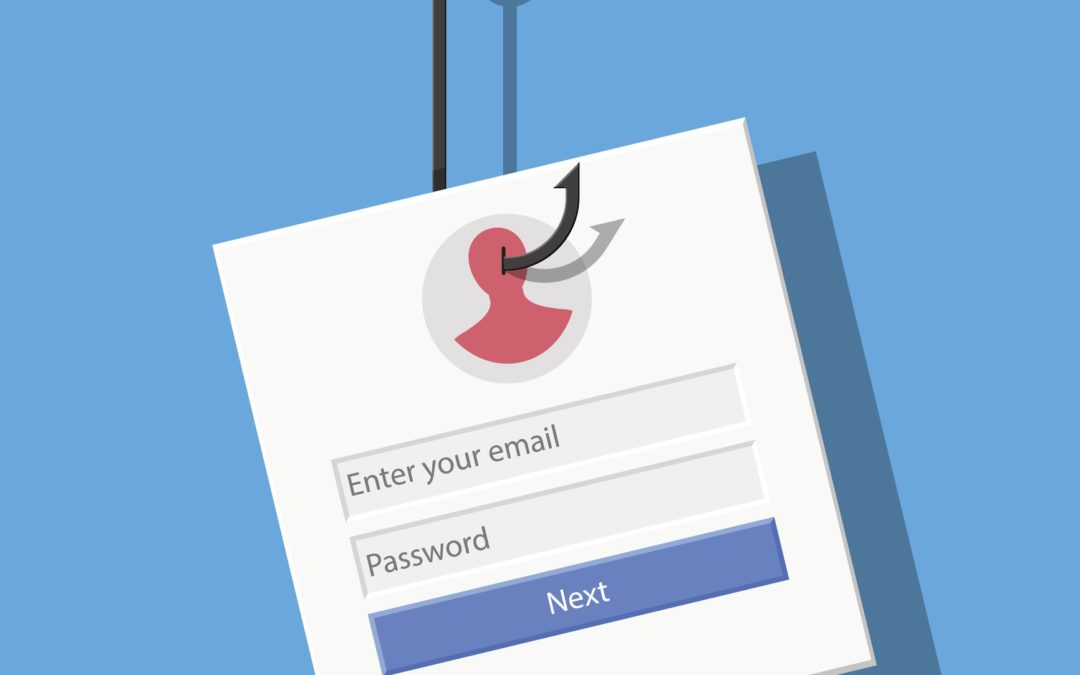Have you ever come across these mails in your inbox?
- ‘You just won a bumper prize!’
- ‘Deactivation mails’
- ‘Unusual sign-in activity’
- ‘A Change of password required immediately’
- ‘Free drinks on us!’
- ’Ready job awaiting you’
These are some of the commonly employed email phish-baits.
So, what exactly is phishing? It is a cyber crime where scammers target individuals to gain personal details leading to identity theft or financial loss.
These scamsters are known to contact you through email or telephone posing as a reliable institution drawing individuals to provide sensitive data such as banking, credit details, and passwords.
They trick customers into clicking a link or downloading a file.
Dating back to 1990s, phishing has only grown in sophistication targeting individuals and also organizations on a global scale.
So how much should you be concerned?
In early 2017, Kaspersky Labs reported that there was a surge in Phishing attacks in India by about 13%, and the company was quoted as saying that cyber threats were only bound to increase.
However, the most alarming bit of info from this report was the fact that 52% of such phishing attacks could not be blocked by existing security software on our smartphones and computers.
That’s not all – as per this article by FirstPost, India helmed the 3rd spot amongst the most targeted countries by phishing! #WhatTheHack
Posing as a plausible institute, the websites are created with such painstaking similarity and resemblance, that even tech-savvy users are tricked into entering personal details where the information provided is used to access their accounts.
For instance, an original website could read ‘mycollege.edu/renewal’ whereas a fake one could read as ‘mycollege.edurenewal’

